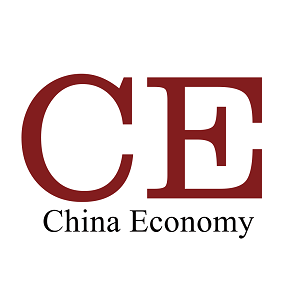Experts at Oxford are hard at work developing a swab test that can be carried out at home and could reveal results in just 30 minutes, without sending it off to be processed at a lab.
Oxford has been working in partnership with 60 scientists at a laboratory in Shanghai, which has given both teams greater flexibility following lockdown measures introduced in both countries.

Scientists at Oxford University are working in partnership with a laboratory in China on a COVID-19 test which could be carried out at home and reveal results in 30 minutes. /CGTN
The university's Catriona Inverarity said: "When the lockdown in China was happening could work here, and now that everything's switched around we've got the ability there.
"We're less affected by the impacts in transport and we're able to make the best use of patient samples, hospitals and manufacturers worldwide."
The UK and China are keen to develop more relationships like this with other nations. Three years ago they launched the UK-China Health and Economy Partnership, which looks into the economics of new drugs and treatment, and has helped in the fight against COVID-19.
"We knew about COVID's implications very, very early on in the timescale," professor Darrin Baines tells CGTN. "So when it first come into prominence in the UK, it was a sort of general disbelief – you know, 'What is this?' Because we had links to China, we could see that what was happening on the ground. We wait to make a decision very early on."
Baines believes tackling the pandemic will strengthen the relationship between academics and scientists from both countries, even if they can't meet face to face.
"They want to continue their relationships and they've gone to great lengths to remain in contact, even in lockdown. So I think the first thing is that this should lead to an opening up of the world, but not in the way that we did it before."
Scores of countries across the world are hard at work trying to develop COVID-19 tests and a vaccine, meaning global health co-operation between nations is more important than ever before.
Oxford professor Zhangfeng Cui said: "We would like to issue like a royalty-free license to manufacturers all over the world, non-exclusive. We have interest expressed from 14 countries or so far."



